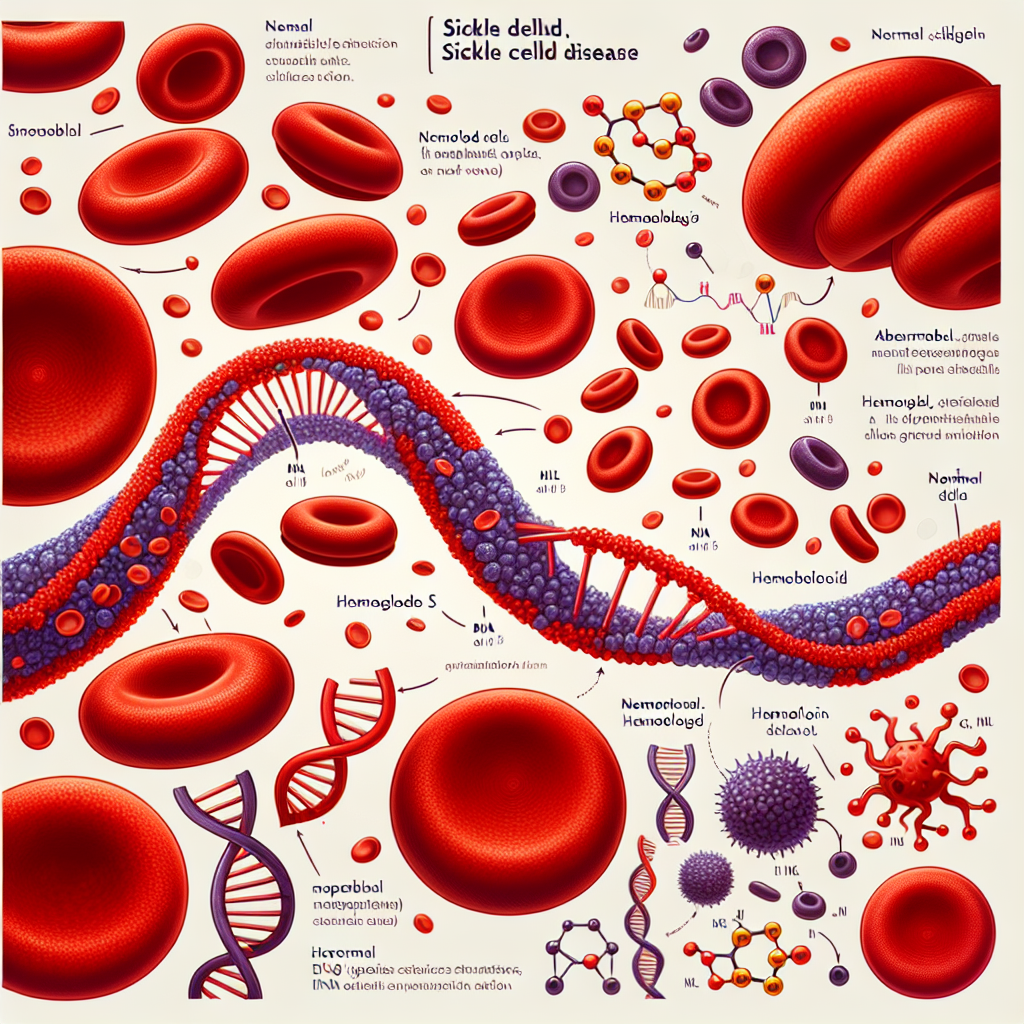Early Detection and Treatment of Sickle Cell Disease: A Lifesaving Strategy
An ICMR study underscores the importance of early detection and treatment of sickle cell disease (SCD) in newborns, significantly reducing mortality rates from 20-30% to under 5%. Conducted across seven Indian centres, this five-year program highlights the potential of newborn screening to save lives, especially in high-risk, tribal areas.

- Country:
- India
An extensive study by the Indian Council of Medical Research (ICMR) has highlighted the crucial role of early detection in managing sickle cell disease (SCD), a serious inherited blood disorder. According to the study, early diagnosis and treatment have successfully reduced the mortality rate from a distressing 20-30% to less than 5%.
The research, conducted across seven centres in India over five years, tested 63,536 newborns between 2019 and 2024. Key to the study was its focus on tribal regions with high prevalence rates, aiming to address regional variability and genetic factors linked to SCD.
Dr. Prabhakar Kedar, the principal investigator, emphasized that newborn screening not only enables early interventions but also facilitates comprehensive care, genetic counseling, and better long-term health outcomes for families. The results underscore the need for widespread screening, especially in underserved areas.
(With inputs from agencies.)
ALSO READ
Strengthening Ties: India and Cuba Collaborate on Key Sectors
How AI is reshaping daily healthcare experiences for disabled users
Steady Rise in India's Automobile Sales Amid Economic Challenges
Historic Triumph: Shubman Gill Leads India to Victory at Edgbaston
Akash Deep's Brilliant Bowling Clinches Historic Win for India










